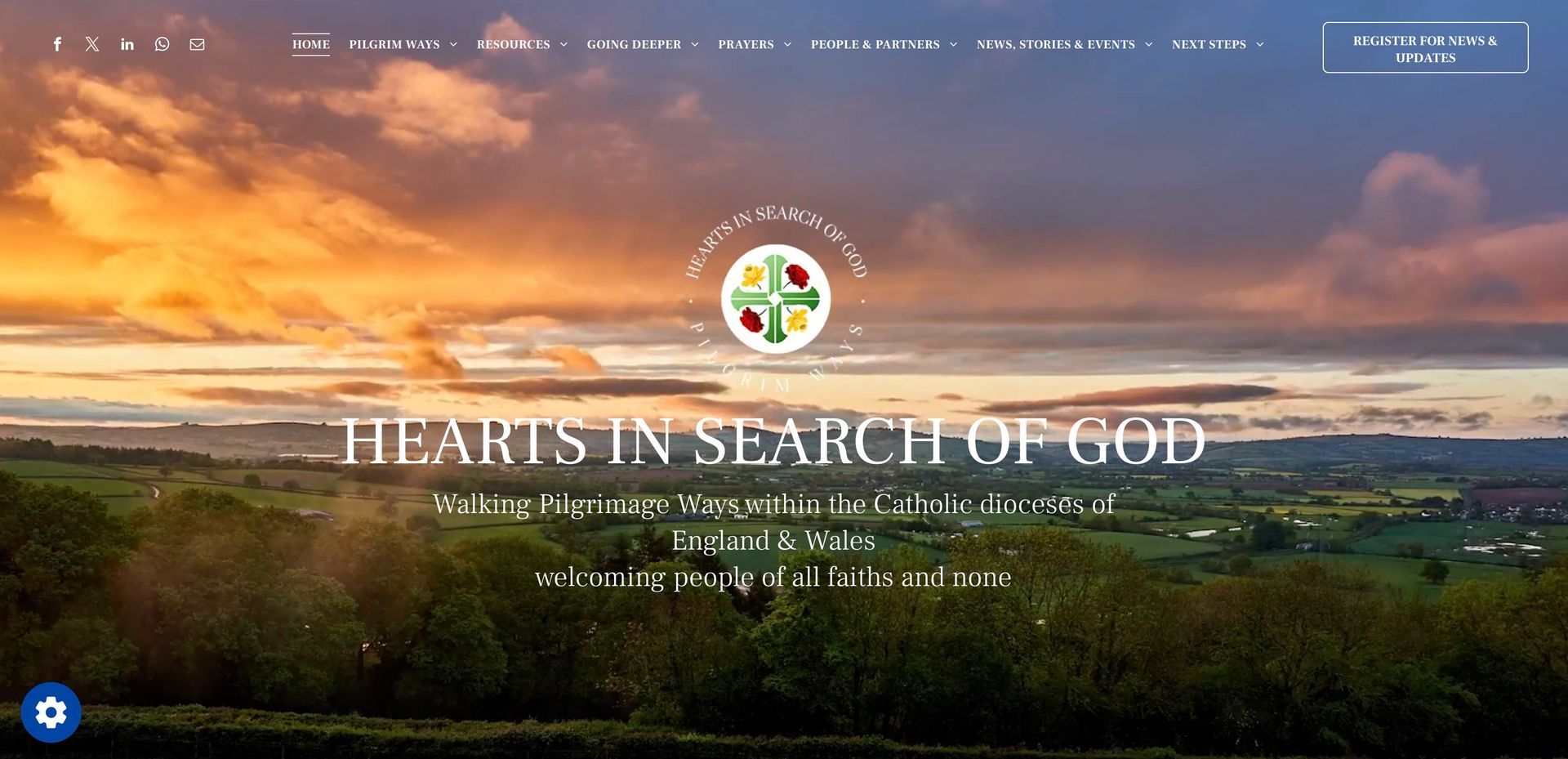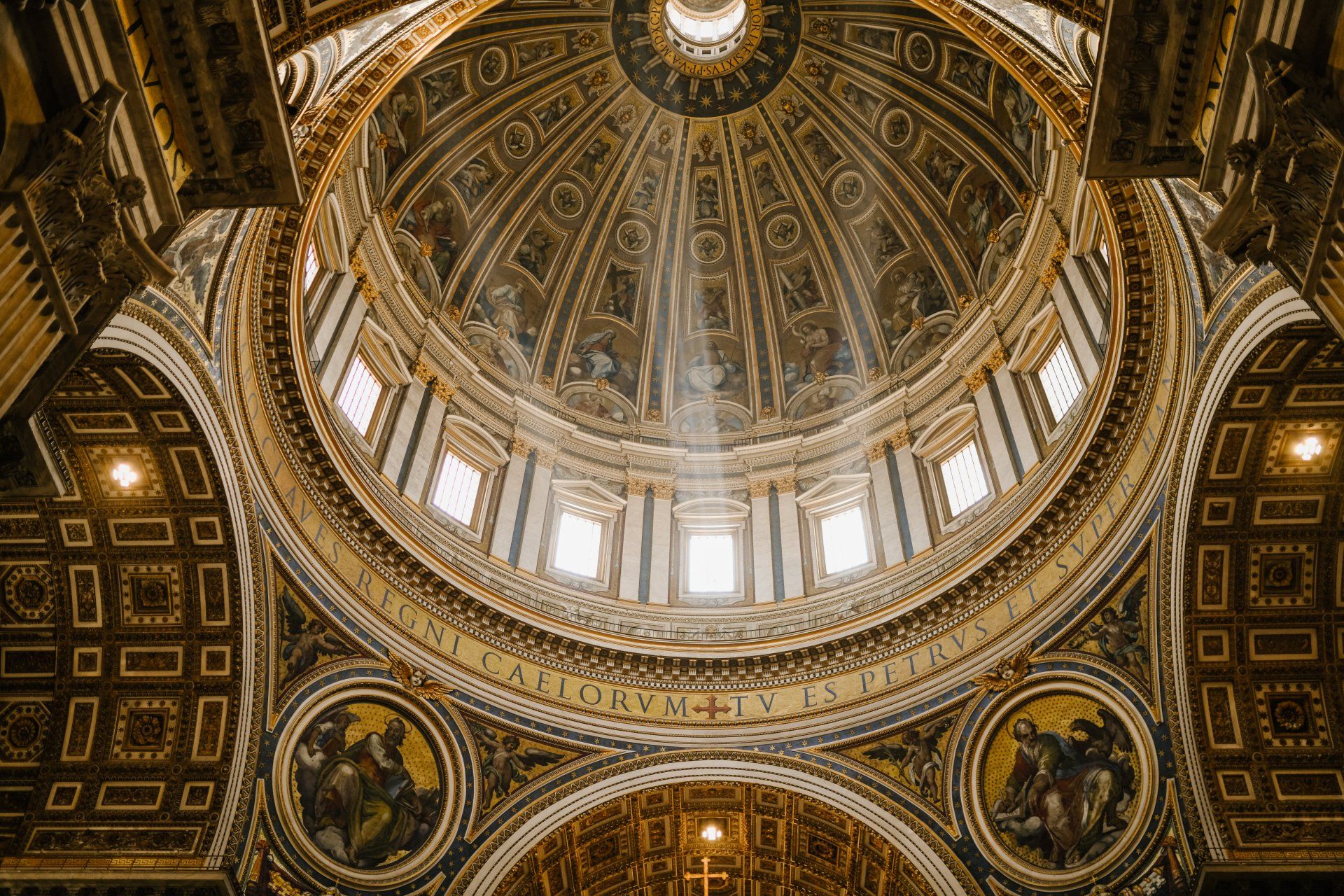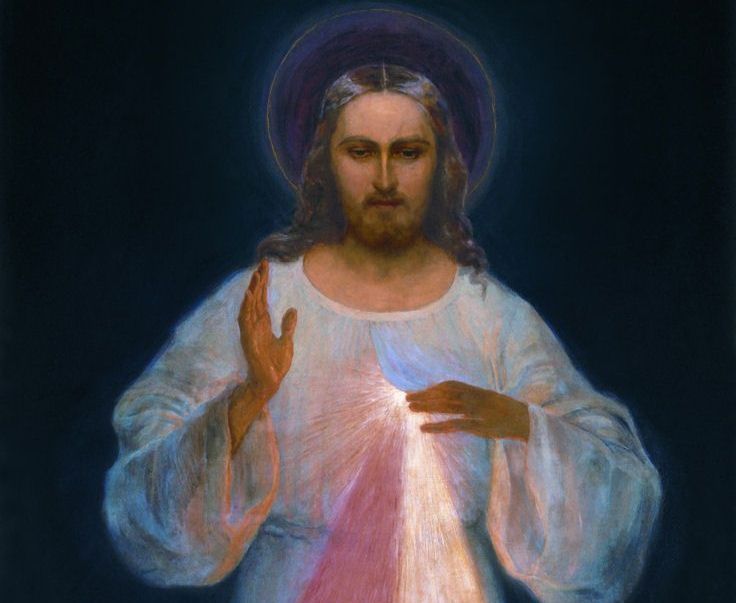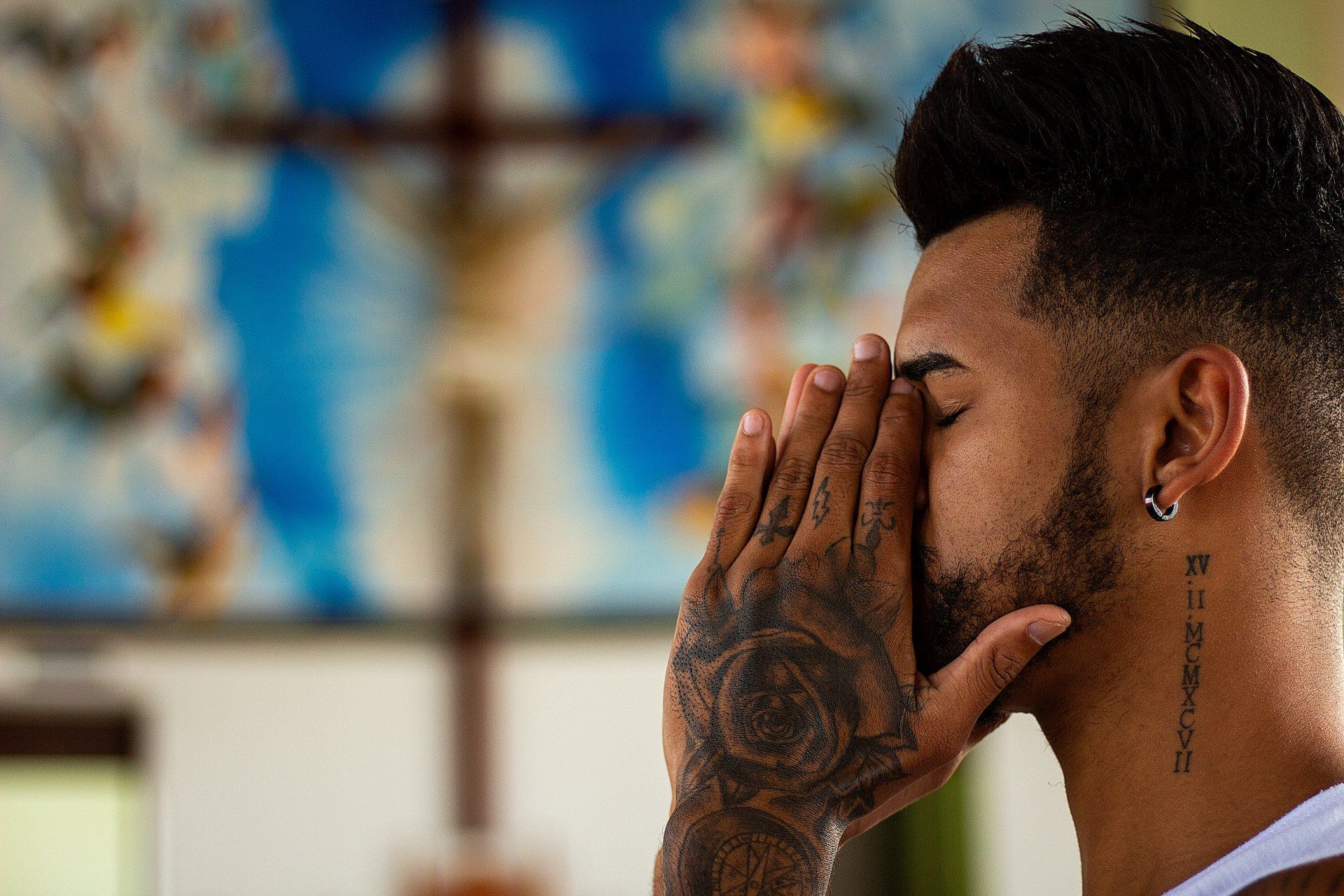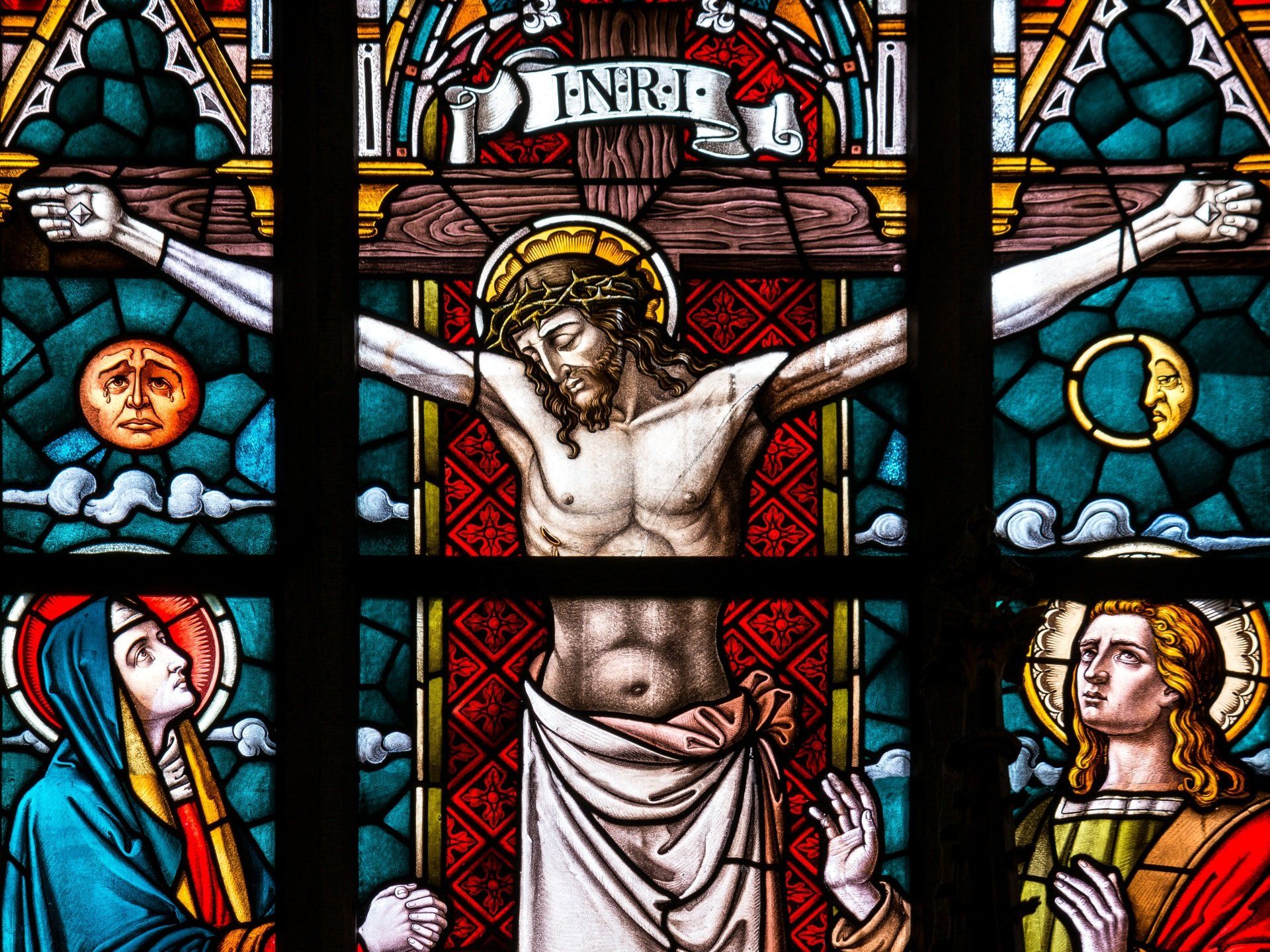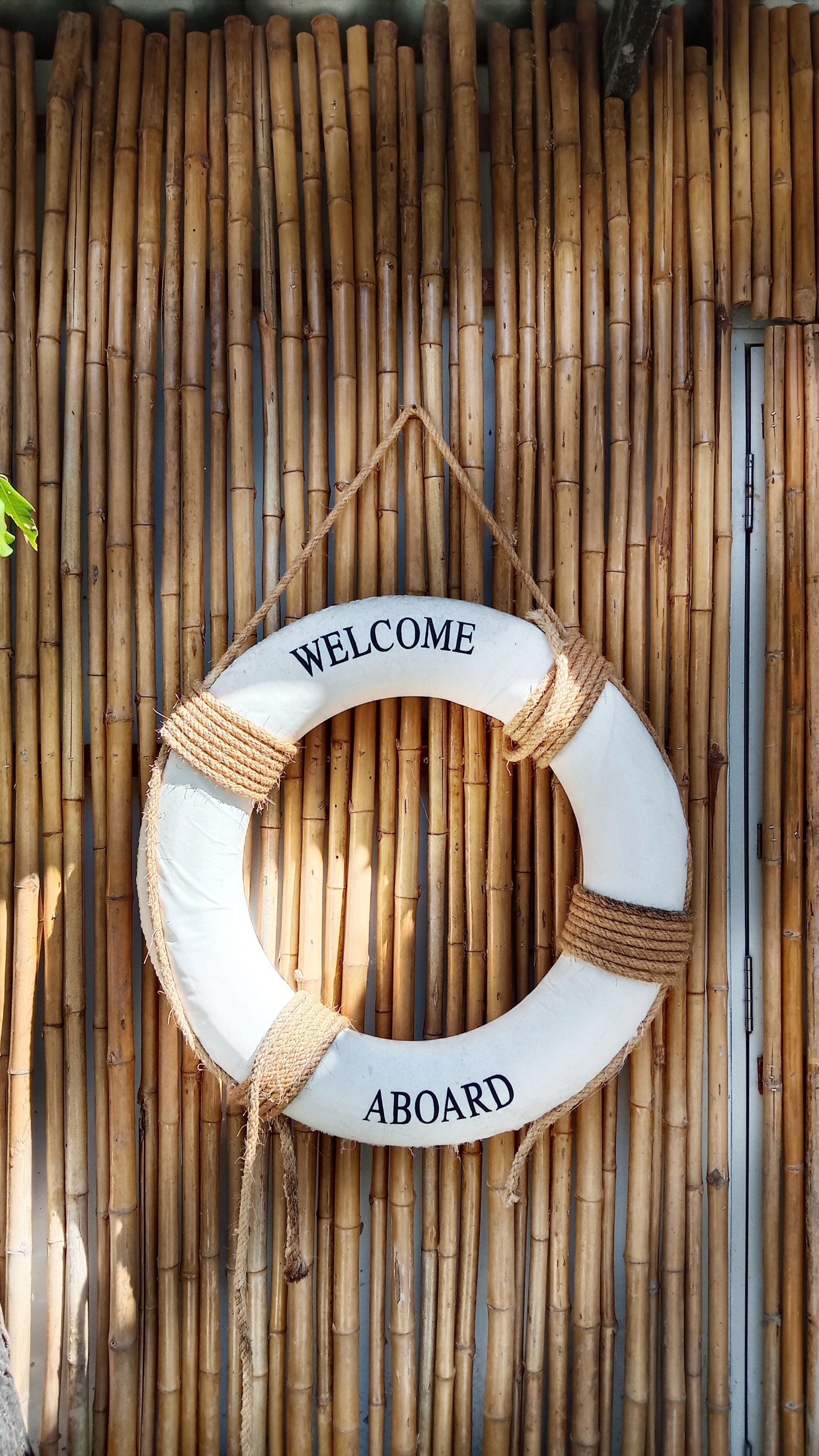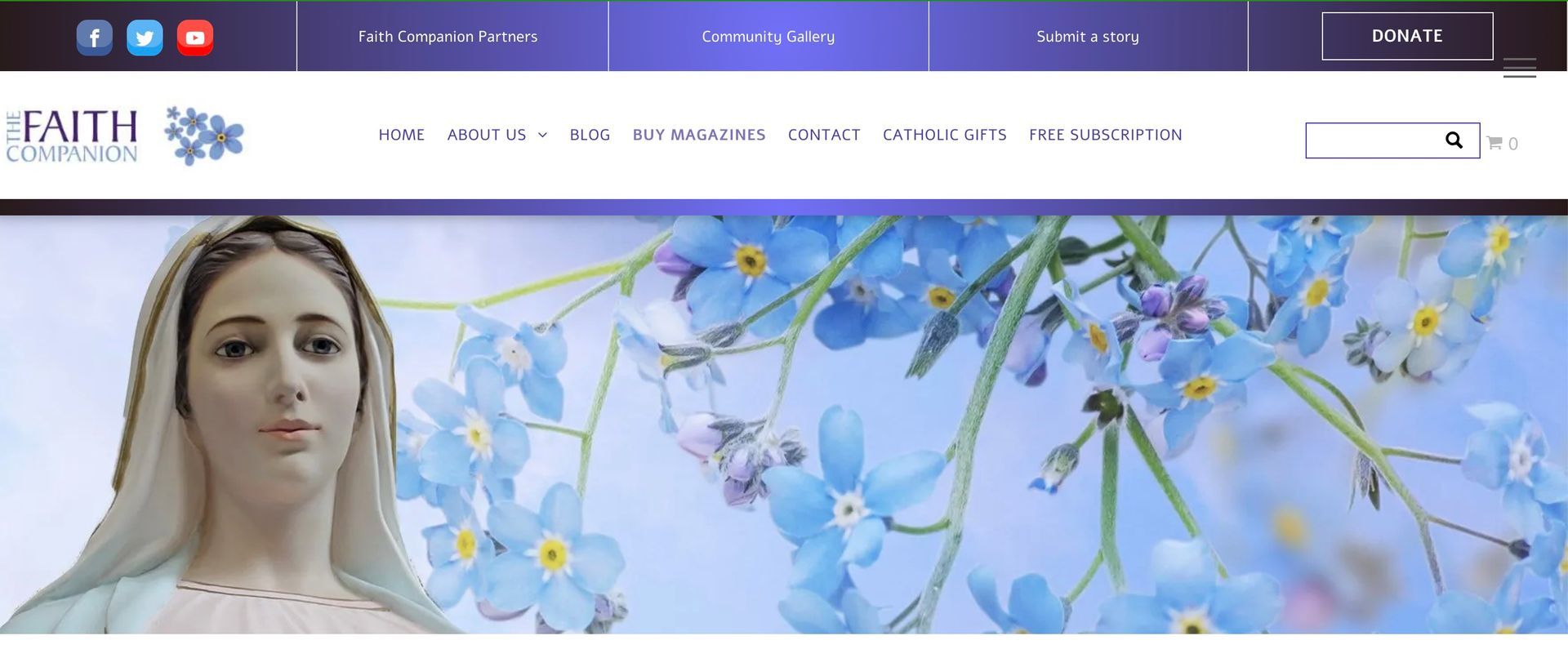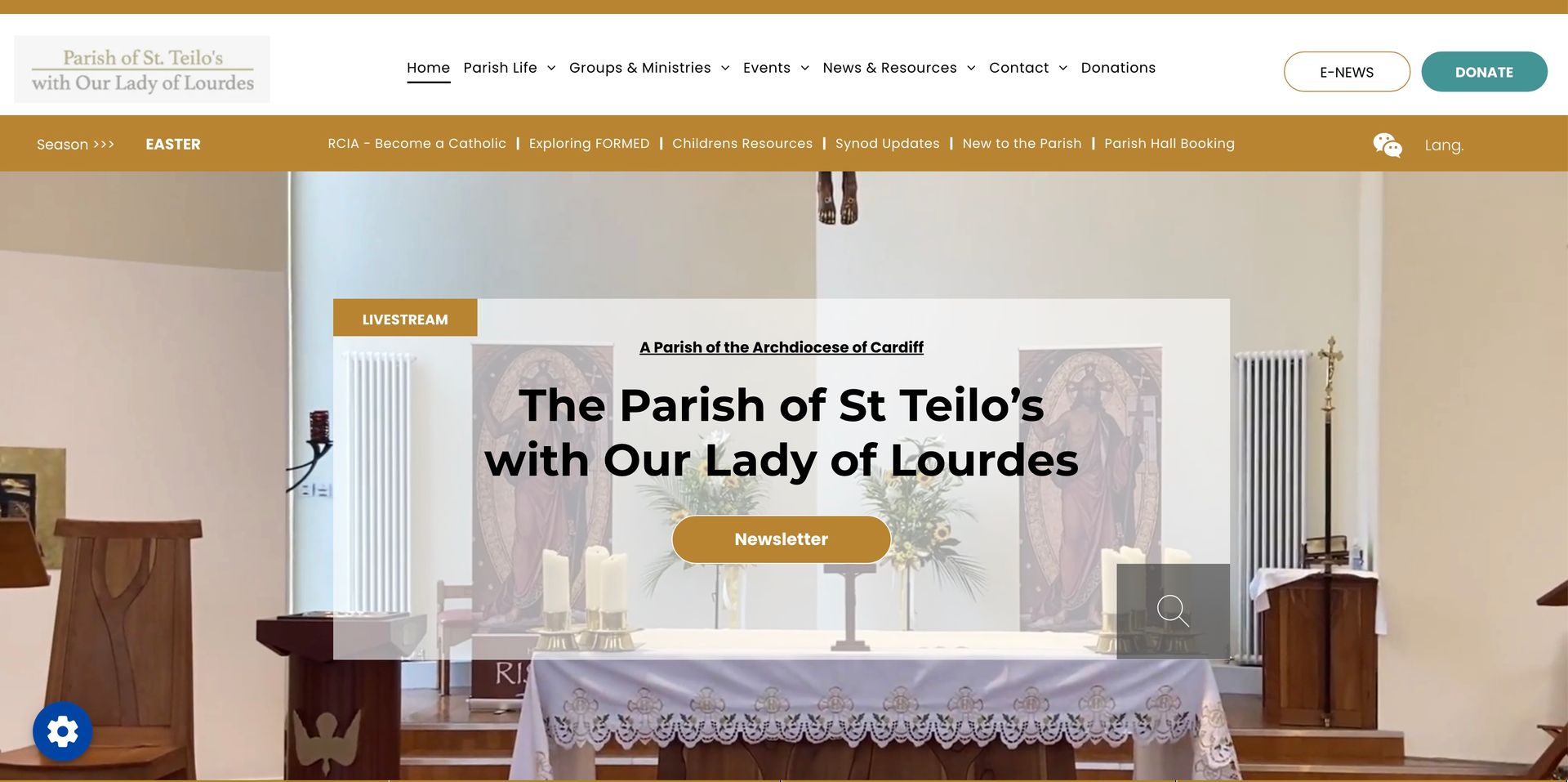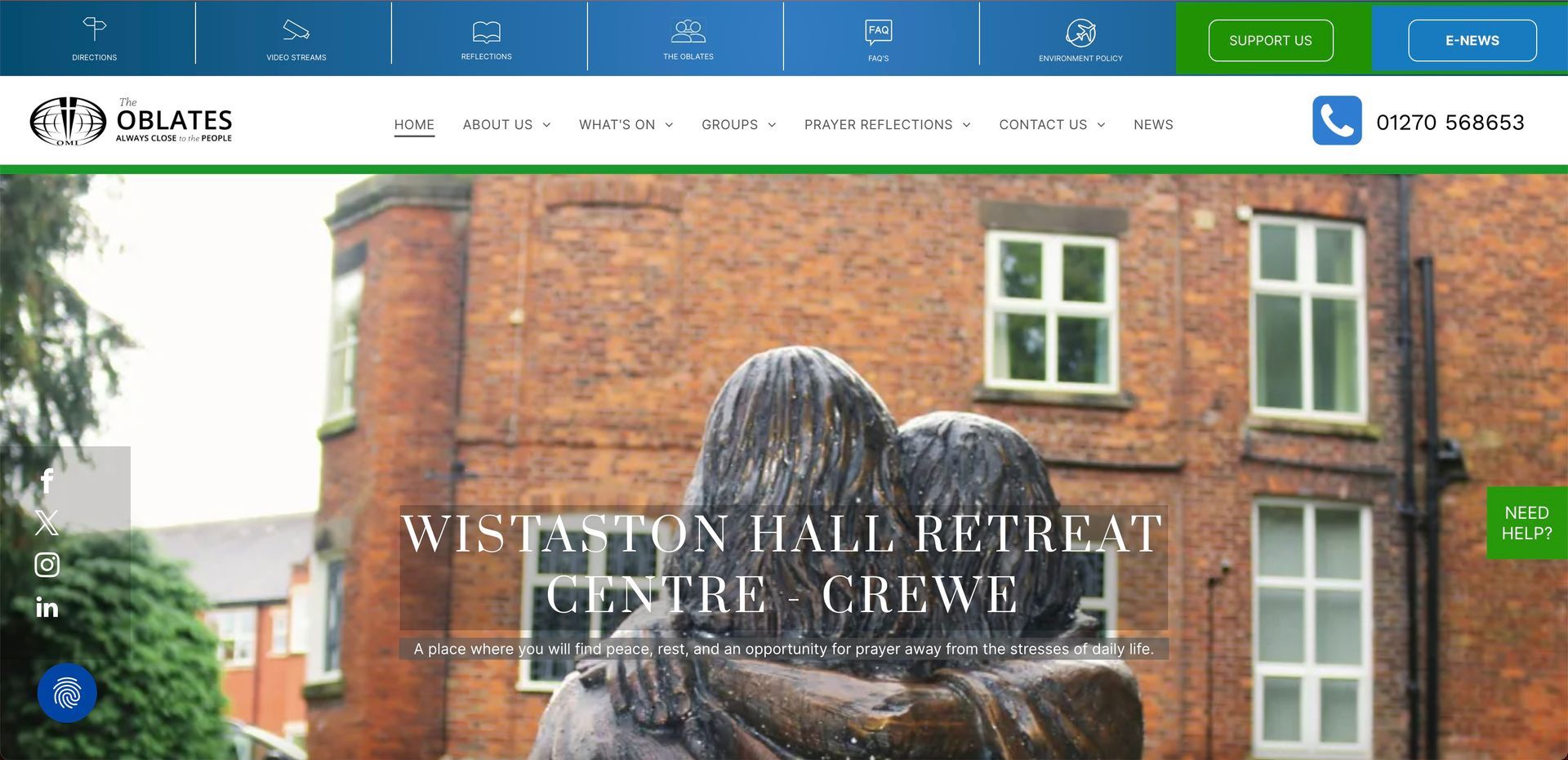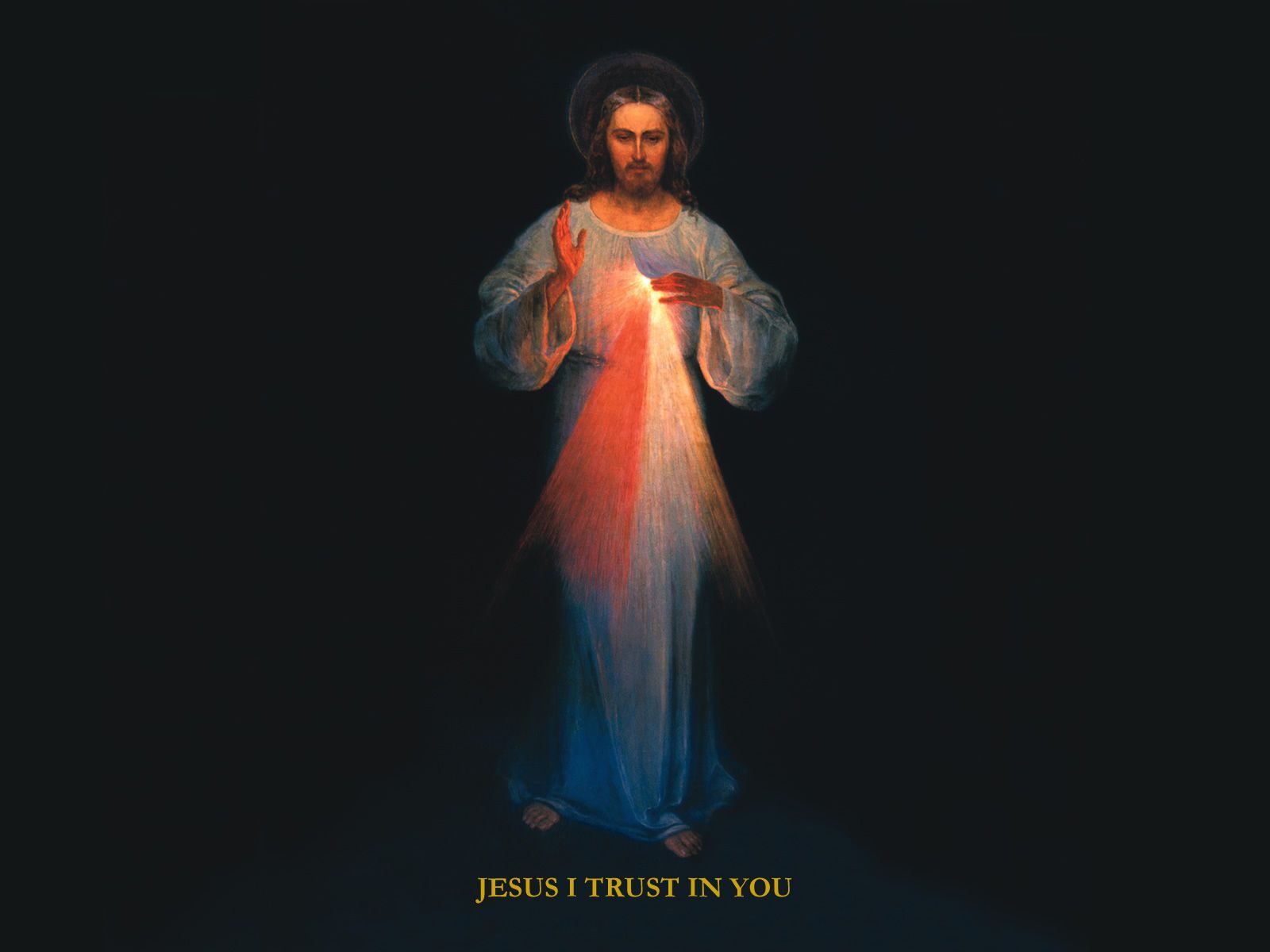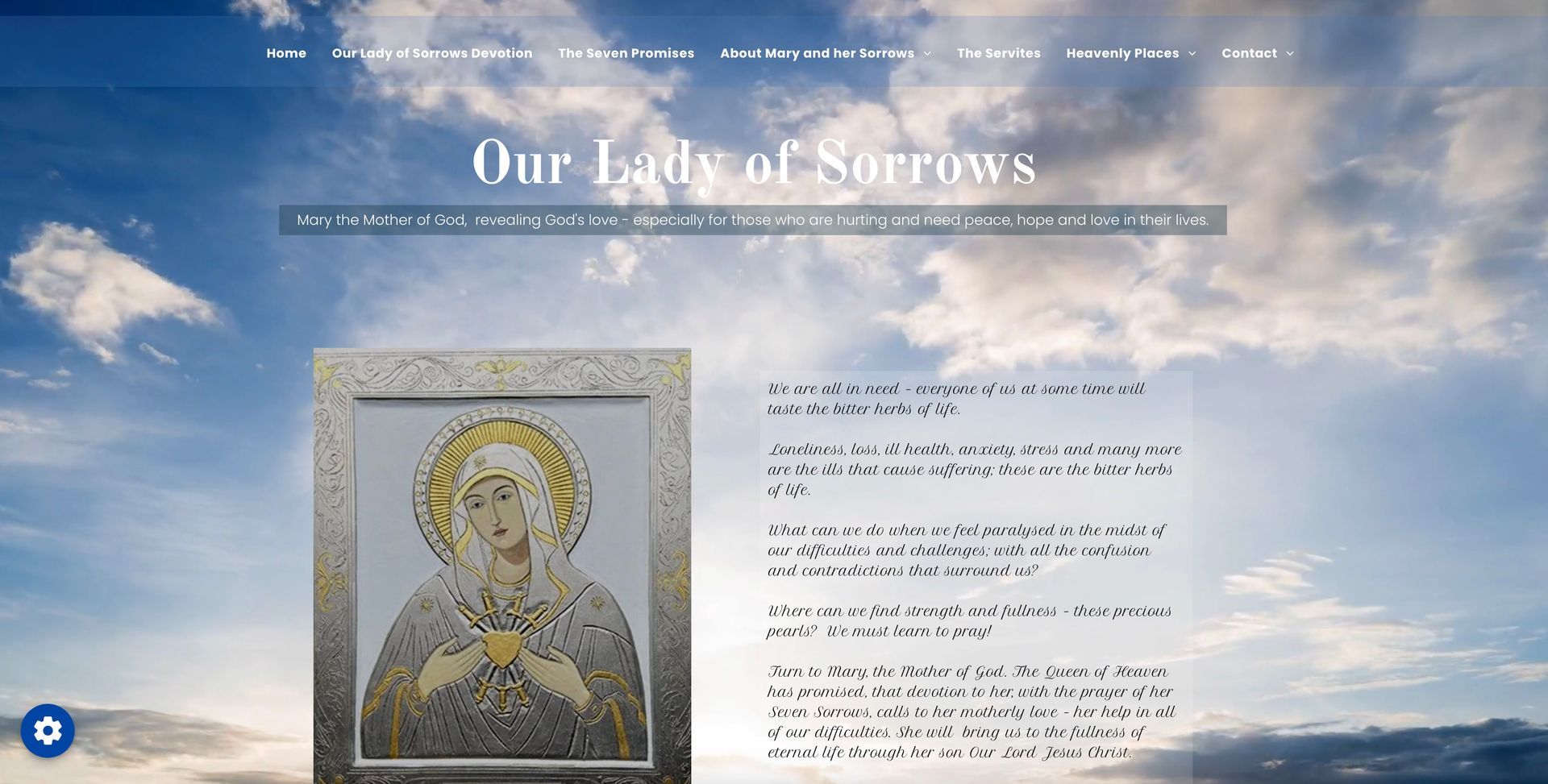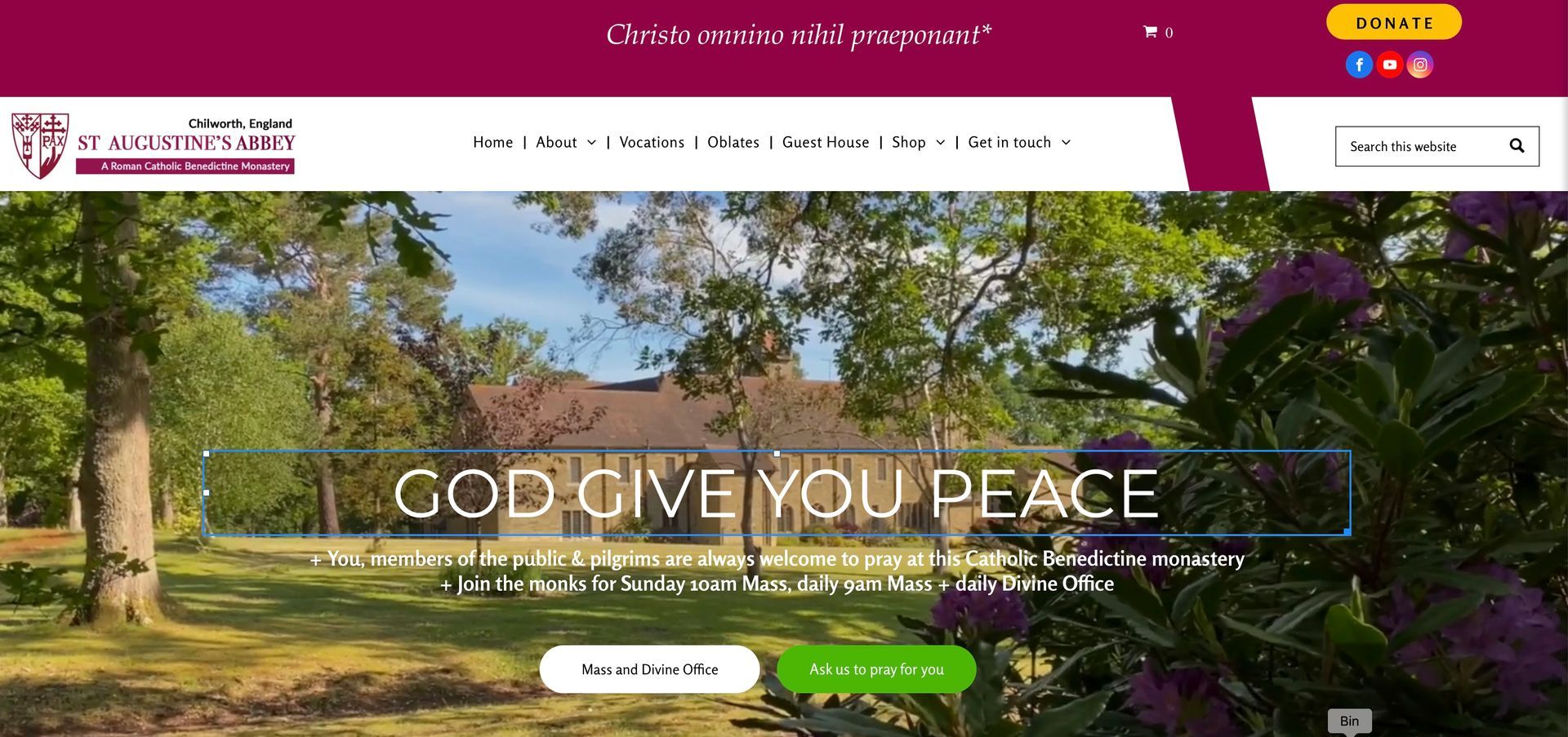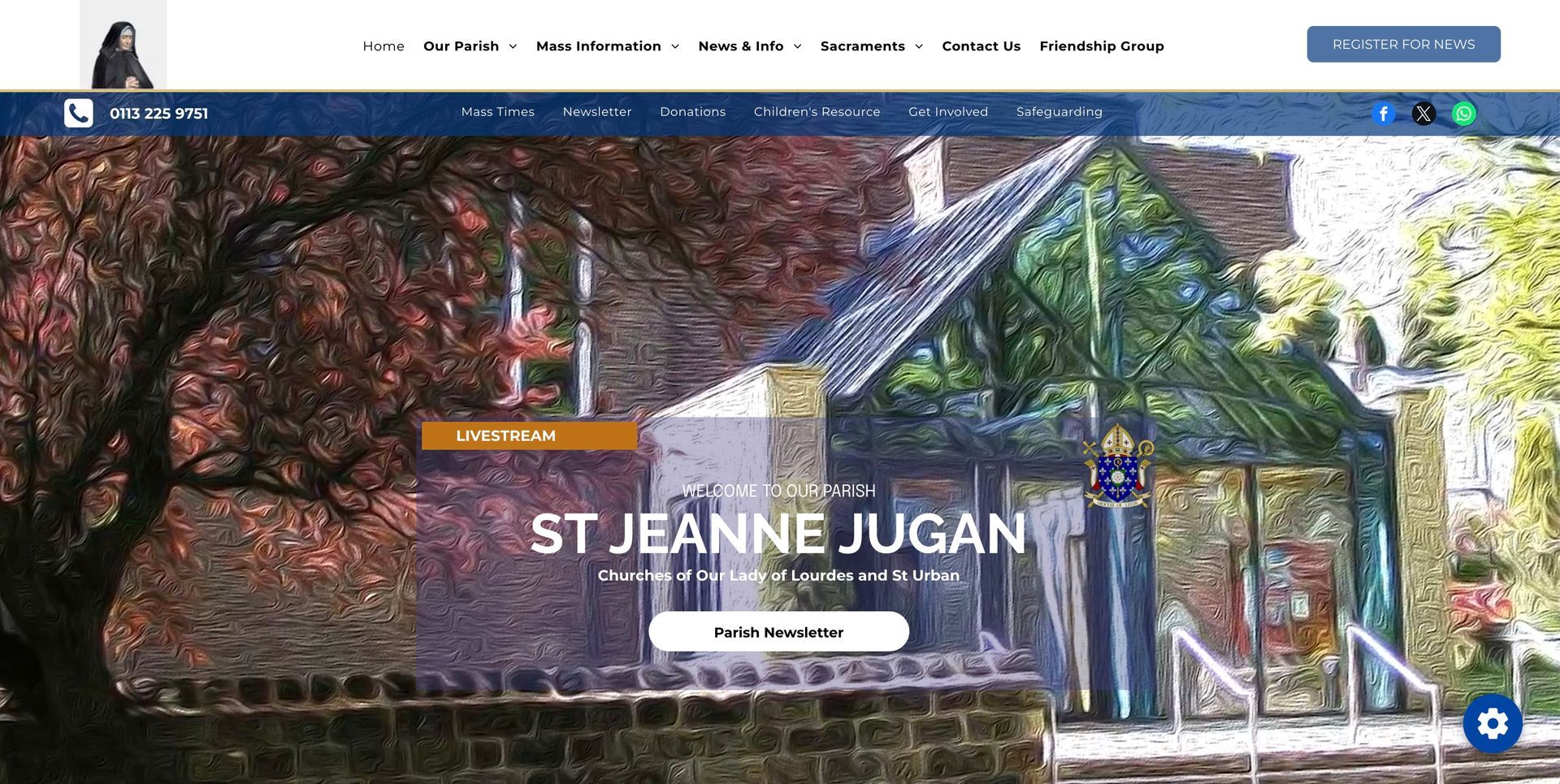By Webmaster
•
April 8, 2024
Sacraments and sacramentals are closely linked, as their names suggest. In describing sacraments, to summarise the ‘Catechism of the Catholic Church’, (1994:1084), Christ pours out the Holy Spirit upon His Body, the Church, and acts through the Sacraments which He instituted to communicate His Grace.1 So, sacraments are signs, be they words or actions, through which the action of Christ and the power of the Holy Spirit effectively make present His Grace bestowed upon us all. My understanding of our Faith is the Creator of the world, the Lord Our God, created the world out of an abundance of Love that flflows outward from the Heart of the Trinity. This supernatural Love is dynamic and cannot be contained. When the Good Lord created humanity in Adam and Eve, His creative Love and favour didn’t end there, but continues to bestow upon humankind this Loving Grace, especially through the action of His Son who became flflesh, was crucifified, died and rose again to redeem us, sending the Holy Spirit who continues to communicate that Grace to us today. I believe Our Father didn’t just create humankind once and for all, He continues to create and sustain us every minute of every day and invites us, through His Grace poured out upon and through the Church, to co-operate with Him to make Christ alive and present in the world today. Sacramentals are one way of reminding us of this Grace bestowed upon us which we receive in a fuller way through the Sacraments. So let us take a closer look at what sacramentals are.
